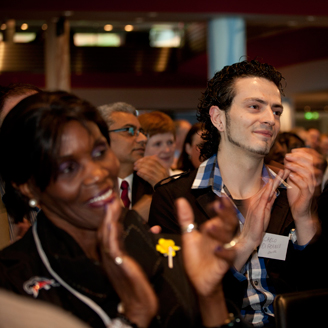This week David Cameron has cut short his Cornish holiday, having returned home early from Tuscany a few weeks ago.

Richard Branson’s Holiday Home early on Monday morning
Should we interpret this as a sign of a dedicated leader putting his duty before his own need to rest with his family? Or is it a sign of a Prime Minister unable to delegate or make decisions remotely? It’s interesting the different value we put on holidays. For some of us holidays are the reason we work throughout the rest of the year; for others the August and Christmas slow-downs are simply an annoyance.
Lord Alan Sugar once admitted that he hates Christmas because he feels so lonely, “I’m on 24 hours a day 7 days a week, making decisions, responding to calls then at Christmas nobody needs me.”
Leagues of less well known managers will have spent an hour or more of each day of their holiday checking email and ‘trying to keep up’. The danger of this approach is that we never truly switch off. Like the PC that slows down late in the day when too many applications are open and it needs to be turned off and restarted to function effectively, our bodies and minds need a break – even God rested on the seventh day!
Time away:
- Gives a fresh perspective
- Ignites our imagination
- Brings clarity to our thinking
And it’s not just individuals that can benefit from time off, teams can often make huge leaps forward by taking a day or two out of the office to reflect and refocus.
So as Cameron and Harman go back to their desks, reflect for a moment on whether Richard Branson will head back to the office now that his holiday home has gone up in flames.











